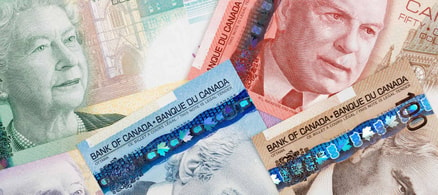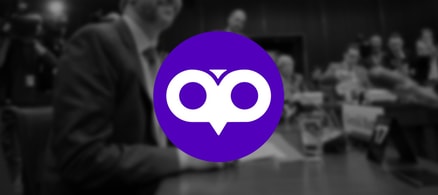In tough times, your credit score is your ticket to easy, inexpensive borrowing that can keep your finances afloat. Whether you want to refinance your mortgage to save on monthly payments or need a better credit card to rely on during a period of unemployment, a solid score is essential to unlock decent interest rates.
However, if you’ve already racked up debt, missed payments or never took the time to check and improve your score in the first place, your credit may not be up to the challenge. Here’s how to steel your score for the future:
Put a dent in your debt

If you have the ability to pay down some debt, now is the time.
The amount of debt you’re carrying, relative to your limit, is a big part of what makes up your score. And you want your full borrowing power at your disposal if the economy plunges again in the fall, once programs like CERB and mortgage deferrals subside.
Prioritize debts with higher interest rates, like credit cards, which will only get harder to pay off with time.
If high interest rates have you feeling like you’re fighting uphill, consider taking out a debt consolidation loan. By using a low-interest loan to pay off all of your other debt, you can reduce the amount you lose in interest and pay down your debt faster. Plus, you’ll only have one monthly payment to worry about.
To find the best loan, you may want to use a comparison service. LoanConnect works with many different lenders and says it can track down loans with interest as low as 10% APR. Checking what’s available won’t hurt your score, either, it adds.
Maximize Your Tax Refund with TurboTax Canada!
Simplify tax season with this user-friendly software. Get step-by-step guidance, maximize deductions, and file with confidence. Trusted by millions, TurboTax Canada ensures accuracy and peace of mind. Start your taxes today and get the refund you deserve
Get the tax refund you deserveKeep tabs on your spending habits

If you’re still having trouble paying down your debt, it’s time for an autopsy on where your money is going.
Groceries, transportation and housing are always going to make up the bulk of your expenses, but what about the small luxuries that add up? What about the automatic payments and subscriptions that drain your account in the background?
Scan through your monthly bank statements and tally up how much you’re spending on the various aspects of your life. This way, you can also check for errors and purchases you didn’t intend to make.
Buying less to pay down more debt will boost your credit score over time.
You can track these changes for yourself with a free credit-monitoring service. Borrowell, which provides your Equifax score and report, will update you monthly and also provide customized tips and products to push your score even higher.
Don't stop using your credit cards

Just because you should be spending less doesn’t mean you shouldn’t spend at all. If you don’t use a credit card for a year or more, some issuers may hit you with an inactivity fee or even close the account entirely.
A cancelled card can hurt your score for a few reasons. The credit bureaus like to see a long history of borrowing with multiple types of credit. And by reducing the amount of credit you have available, you’ve just increased your utilization ratio: the amount you’re borrowing relative to your total limit.
During a recession, lenders are more wary about the amount of money they make available to borrowers. Some have already started dropping customers’ credit limits without warning.
You’re probably not going out as much, but you can still use your credit card for things like streaming services or other small monthly purchases.
Grow Your Savings Effortlessly with Moka
Automate your savings with every purchase and watch your money multiply. Moka rounds up your transactions and invests the spare change. Start building wealth effortlessly today. Join thousands of Canadians embracing financial freedom with Moka
Sign up nowApply for the credit cards you want

It’s probably better to do this now rather than later.
Issuers get picky during a recession. If you already have a good credit score, you’re more likely to get approved for a new card with a lower interest rate and special rewards. But if life gets hard down the road and your score takes a tumble, issuers may look the other way.
Having multiple options for credit can also increase your score — assuming you’re managing them well — and give you some cushion if the pandemic cuts off part of your income. If you’re not sure what options are out there, Borrowell can suggest some cards that suit your score.
Just don’t overwhelm yourself. Having two or three credit cards is typically recommended to help you effectively manage your spending.
Start an emergency fund

This won’t boost your credit score directly, but it will protect your credit in the future.
Once you’ve stuck to a budget and mastered your debt, start putting a little money aside each month into a high-interest savings account or Tax-Free Savings Account. Both options let your money grow while you’re not using it and allow you to withdraw funds whenever you need to.
With money in the bank, you won’t need to start racking up debt if you lose your job and need to pay the bills. Experts recommend building up your emergency fund until it contains enough money to cover at least three to six months of basic expenses.
Sponsored
Trade Smarter, Today
With CIBC Investor's Edge, kick-start your portfolio with 100 free trades and up to $4,500 cash back.







